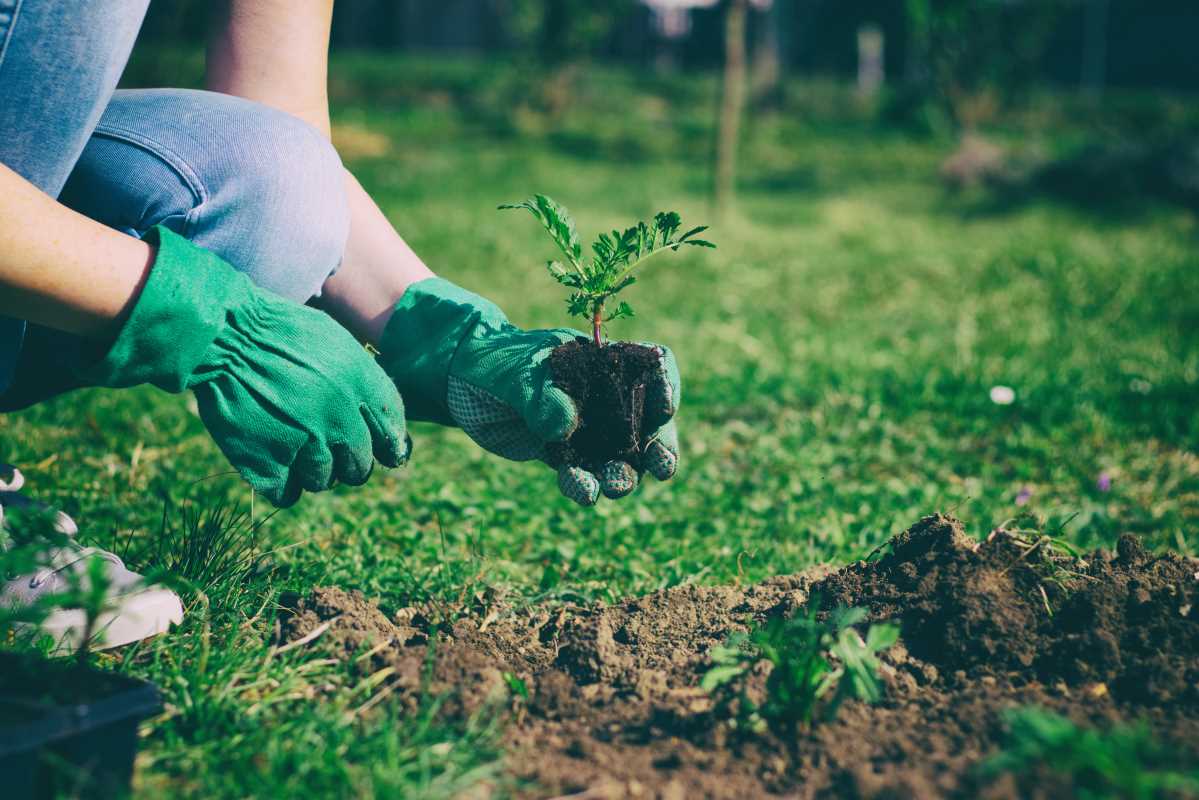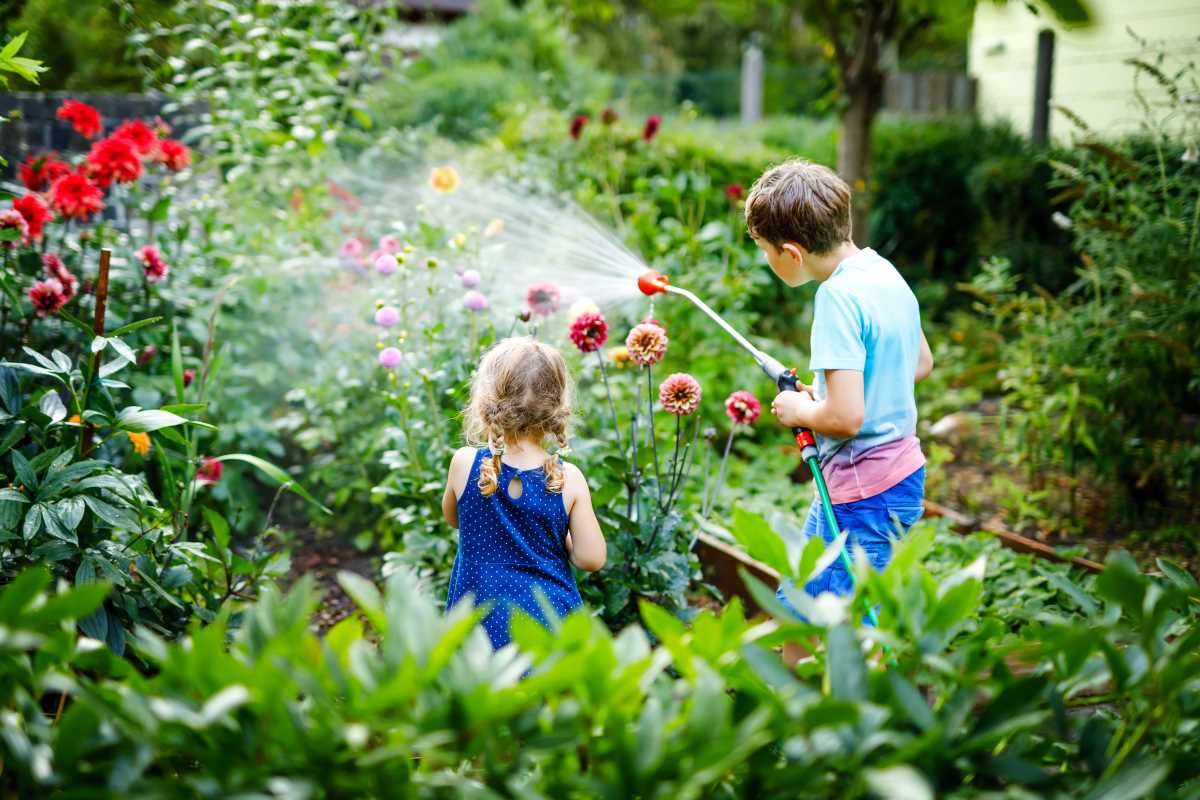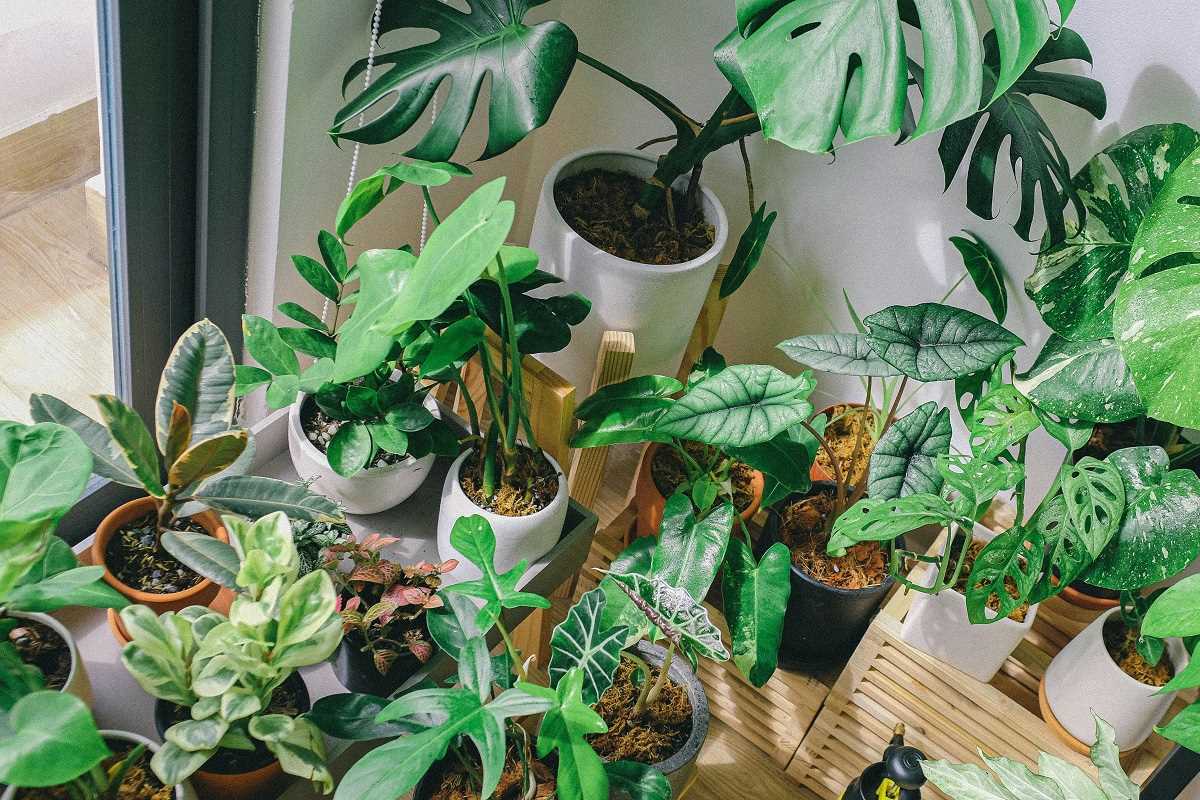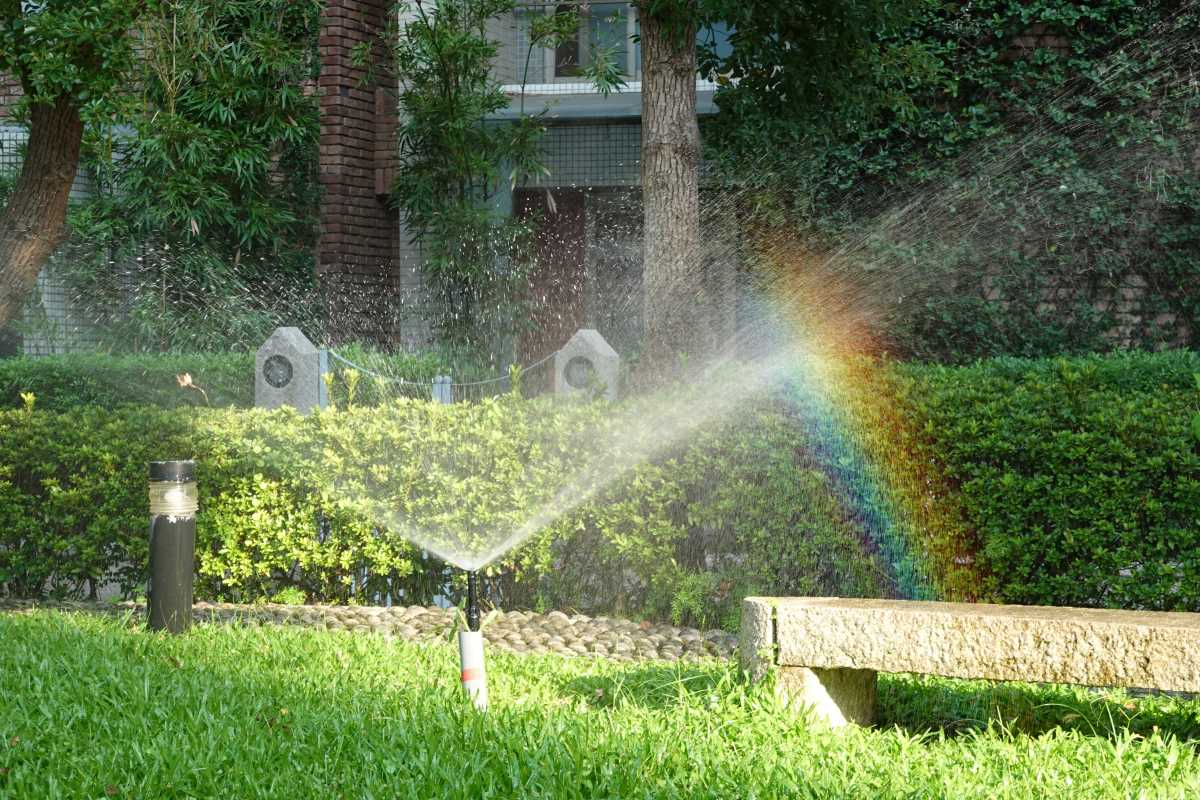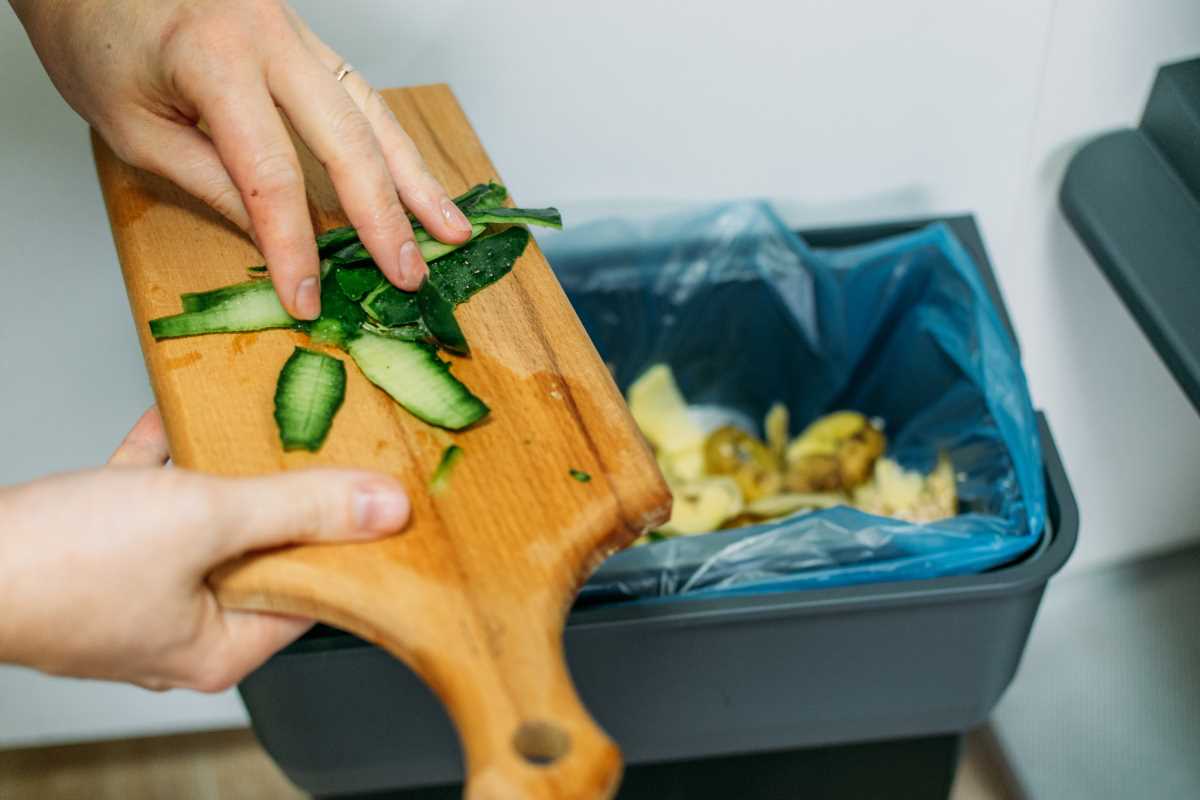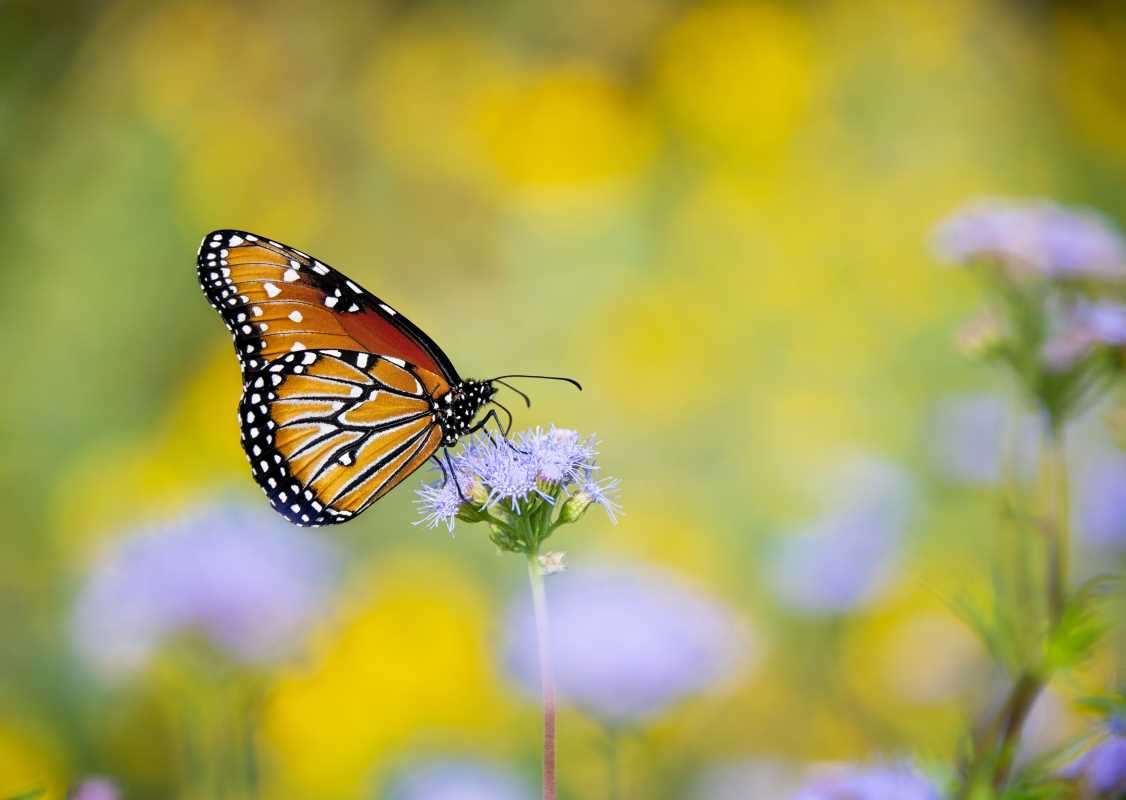Gardening offers a rewarding blend of accomplishment and tranquility as you care for your plants and watch them flourish over time. Many gardening enthusiasts discover that opting for natural pest control methods cultivates a more robust garden ecosystem. By collaborating with nature, instead of trying to conquer it, you can deepen your connection to the earth and gain insight into the natural rhythms that sustain life all around you. This harmonious approach not only enhances your gardening experience but also fosters a deeper appreciation for the intricate web of life that thrives in your green space.
Using natural pest prevention techniques helps keep chemicals out of your garden and minimizes the risk of harming beneficial insects. When you start your gardening journey with simple, earth-friendly practices, you build a foundation that encourages sustainable growth. Taking these steps allows you to see vibrant blossoms and healthy vegetables supported by nature’s own care.
Eco-Friendly Ways to Keep Your Garden Healthy
Opting for natural pest prevention means treating your garden with respect for the environment. Many gardeners appreciate that natural methods not only protect their plants but also support the overall ecosystem. The benefits include enhancing soil vitality and fostering a balanced habitat where beneficial insects can thrive. This approach allows you to create a lively garden that works in harmony with nature.
The methods used are safe for humans, pets, and wildlife. They often require simple household ingredients or everyday garden tools that are easy to handle and cost-effective. Natural pest prevention also avoids the harsh impacts of synthetic chemicals, ensuring that your produce remains safe and nutritious for everyday use. Overall, these practices promote both personal health and environmental sustainability.
- Safer for wildlife and beneficial insects
- Improves soil and overall garden health
- Cost-effective and easy to implement
- Reduces reliance on synthetic chemicals
Common Garden Pests to Watch For
Paying close attention to common garden pests can help you catch problems before they escalate. Being observant and learning the typical signs of pest infestations can save your plants from severe damage. Identifying these pests early allows you to apply natural methods easily before treatments become necessary.
Here are some pests to monitor closely as you tend to your garden:
- Aphids – These small insects cluster on stems and leaves, sucking plant juices and causing curling or yellowing.
- Slugs and snails – Noticeable by their slimy trails, these pests often feast on tender leaves and young shoots.
- Caterpillars – They sometimes eat large holes in leaves and can defoliate entire plants if left unchecked.
- Whiteflies – Found on the undersides of leaves, these small white insects thrive in warm conditions and can weaken plants quickly.
Observing the behavior and physical signs of these pests in your garden makes it easier to apply the right natural fix. These insights ensure that you act promptly, protecting your growing plants before any significant damage occurs.
Building a habit of regular observation can transform how you manage your garden. With care and attention, you will develop an instinct for what a healthy garden looks like, helping you recognize pest issues before they become overwhelming.
Simple Natural Strategies to Prevent Pests
Preventing pests naturally involves embracing practices that discourage invaders without harming the environment. Simple routines such as rotating crops, using physical barriers, and encouraging beneficial insects can work wonders. One useful method of pest prevention involves planting trap crops or using floating row covers during vulnerable periods.
Below are a few practices you can use regularly to keep your garden safe from pests:
- Keep your garden tidy by removing weeds and fallen leaves, as these can harbor pests.
- Introduce natural predators by planting flowers that attract beneficial insects like ladybugs and lacewings.
- Incorporate organic sprays made from ingredients such as garlic, neem, or soap to deter pests before they settle in.
- Utilize mulch to maintain soil moisture and reduce stress on your plants, which in turn can result in stronger natural defenses.
These practical methods help maintain a balanced system where plants can thrive without the interference of harmful creatures. Regular care and attention make it easier to build strong, healthy growth that naturally repels pests.
Starting with these small adjustments leads to noticeable improvements. Keeping your garden clean and inviting for good insects creates a natural barrier against those that might otherwise cause damage.
DIY Pest Prevention Solutions
Creating your own pest prevention mixes offers a rewarding way to blend creativity with effective gardening practices. Simple recipes that use kitchen staples work well for those who prefer to work with accessible materials. One popular DIY remedy combines water with a bit of dish soap and garlic for a spray that deters many common pests without harming your plants.
Another easy recipe involves mixing neem oil with water and a dash of *Eco-Friendly* plant food to create a natural bug repellent. This blend works well when applied to new growth and particularly vulnerable areas of your garden. Use these recipes when you see early signs of pest activity or on a routine schedule to prevent infestations from taking hold.
Helpful Tools and Plants for Natural Pest Control
A few basic tools—like a hand rake, sprayer, and gloves—make it easy to apply natural remedies in your garden. Companion plants such as basil, marigold, and lavender help deter pests naturally when placed near vulnerable crops, adding both beauty and protection to your space.
Natural techniques can help you create a peaceful, productive garden. Adjust your approach as you learn what works best, and enjoy each step of the process.

